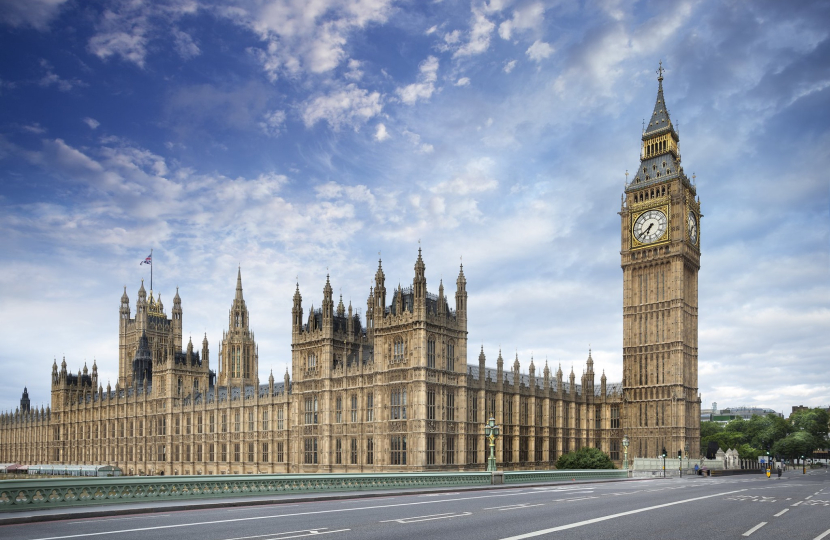
On Monday, Rachel Reeves, the new Labour Chancellor, gave a statement to the House of Commons on the economy in which she scrapped a series of infrastructure projects, announced the winter fuel allowance for pensioners would be means-tested, gave above-inflation pay rises to the public sector and said that VAT on private school fees would be introduced from January 2025.
In response, Richard Fuller MP said:
This week, the Labour Government we sleep-walked into, reminded us of three things:
First: Instead of giving winter fuel payments to pensioners, they have chosen to bend to the pressure from the unions by giving a 22 per cent pay rise to junior doctors and reversing the Conservative Government’s planned reduction to the civil service.
Second: Labour spent the whole election campaign promising not to hike up taxes and will now break their promises, just as we warned.
Third: Instead of making the difficult decisions needed on welfare reform to balance the books Labour would rather cancel new roads and hospitals.
Not even a month has passed since the election and Labour have already laid the ground for further disappointments for our country.
Rachel Reeves claimed on Monday that she has inherited ‘the worst economic inheritance since the second world war’, which is simply not true.
Over the last 14 years, Conservative governments took the long-term difficult decisions to strengthen the economy, keep unemployment low and cut taxes to put more money into people’s pockets.
Thanks to the difficult decisions the Conservatives took in government, Labour inherits the fastest growing economy in the G7. Inflation is lower than it was in 2010 - 3.4 per cent in 2010 and 2.0 per cent today; unemployment has been almost halved since 2010n- from 8.0 per cent in 2010 to 4.4 per cent today; wages are growing at 5.7 per cent growth - 12 consecutive months of real wage growth, and the deficit is more than half of what it was in 2010 - when Labour left us with a deficit of 10.3 per cent of GDP whereas today they inherit it at 4.4 per cent, which is forecast to fall 1.2 per cent.
Half of the Government's ‘blackhole’ represents above inflation pay deals, which for junior doctors is a 22 per cent increase – ten times the rate of inflation – without asking for much needed productivity reform in return.
Labour have ditched the Conservatives' plans for much needed welfare reform which would have generated £12 billion of savings. The Conservative manifesto set out ambitious reforms to the welfare system to generate £12 billion of savings. This included reforms to the work capability assessment to support people into work.
Labour have also ditched the Conservatives' productivity reforms which would have generated £20 billion of savings. The OBR state a return to pre-pandemic public sector levels could generate savings of £20 billion and in our last budget we set out a path to generate these savings.
Despite claiming there is a ‘blackhole’ in public finances, Rachel Reeves has announced over £25 billion in 25 days without an OBR forecast. This includes £8.3 billion of taxpayers’ money on a public energy company, £7.3 billion of taxpayer’s money on a National Wealth Fund and around £10 billion of taxpayers’ money on public sector pay settlements without asking for productivity reform in return.
Days before the Chancellor’s statement, the Government laid legally binding Estimates in the House of Commons where no ‘blackhole’ was present. On the 17 July, the government published the Main Estimates for 2024-25, which were signed off by senior civil servants and put before the House in order to gain parliamentary consent before spending public money – they showed no blackhole.

